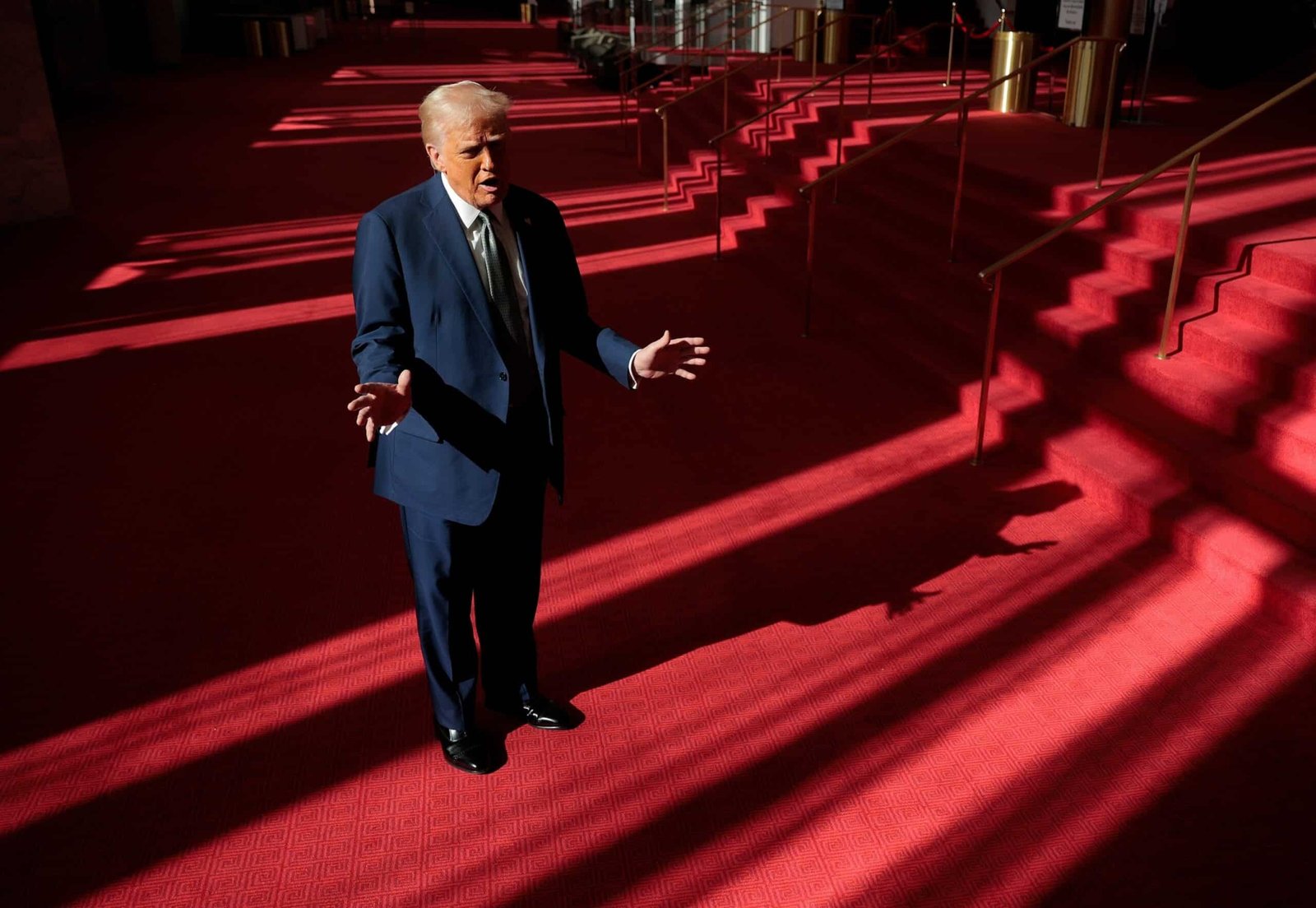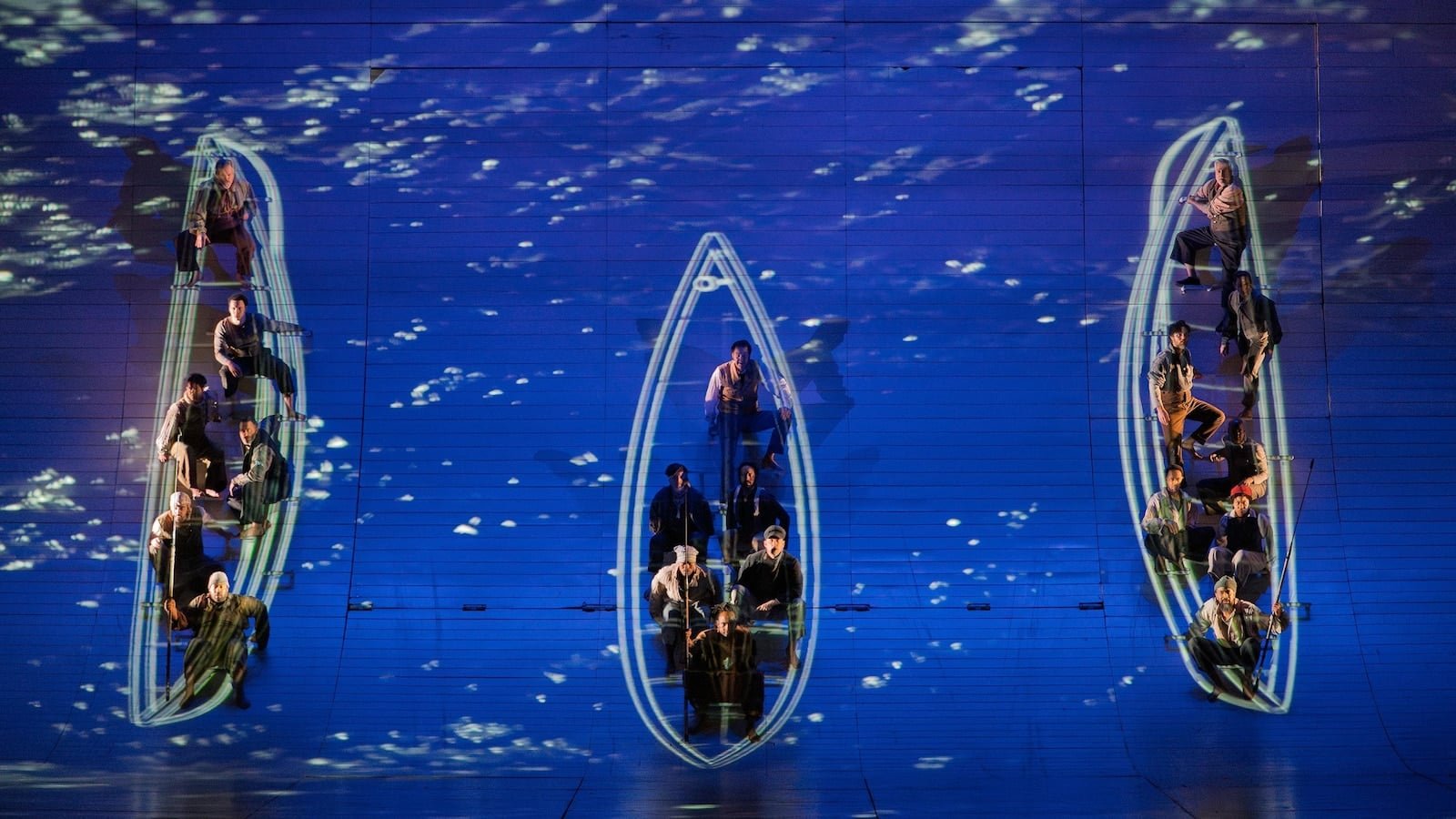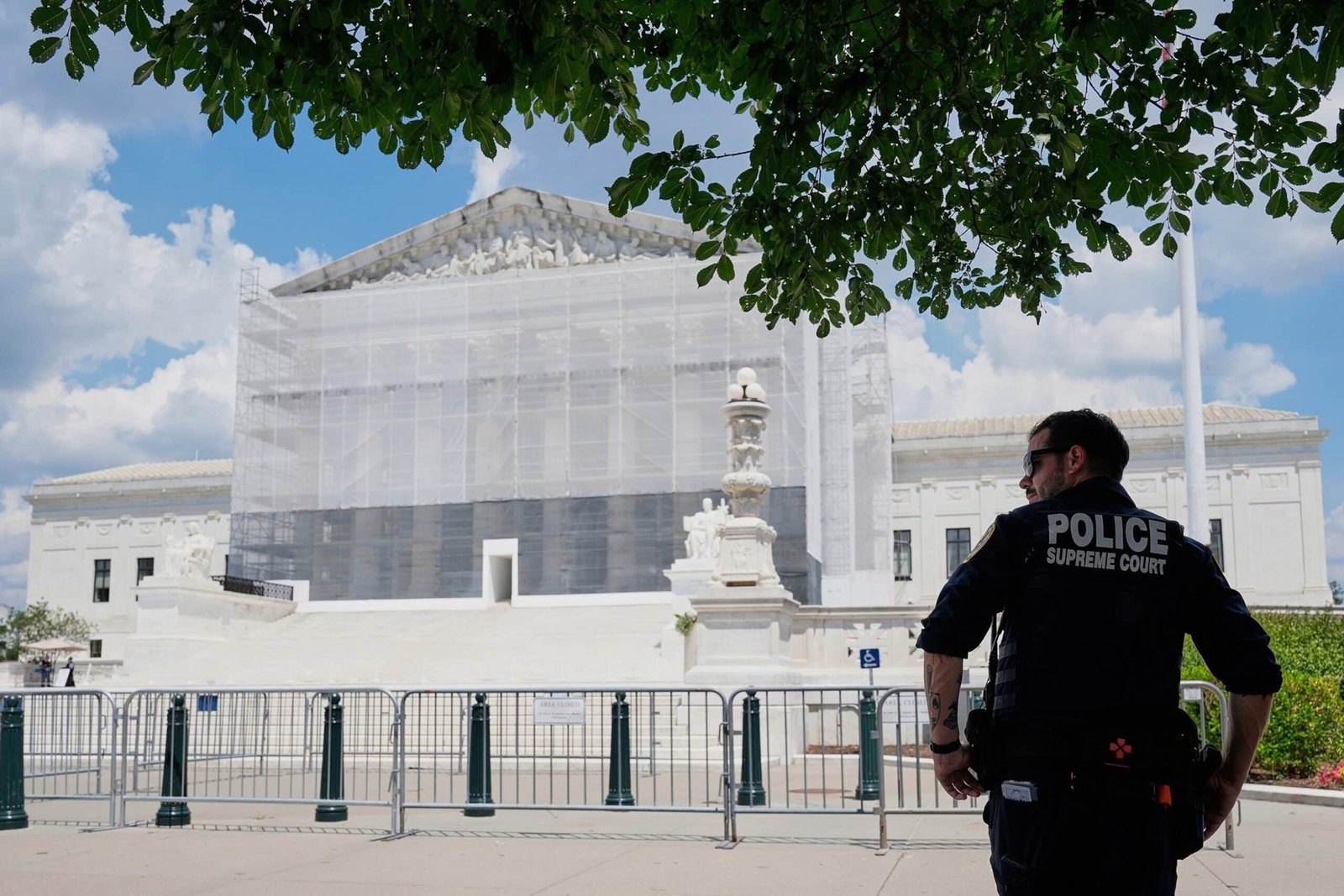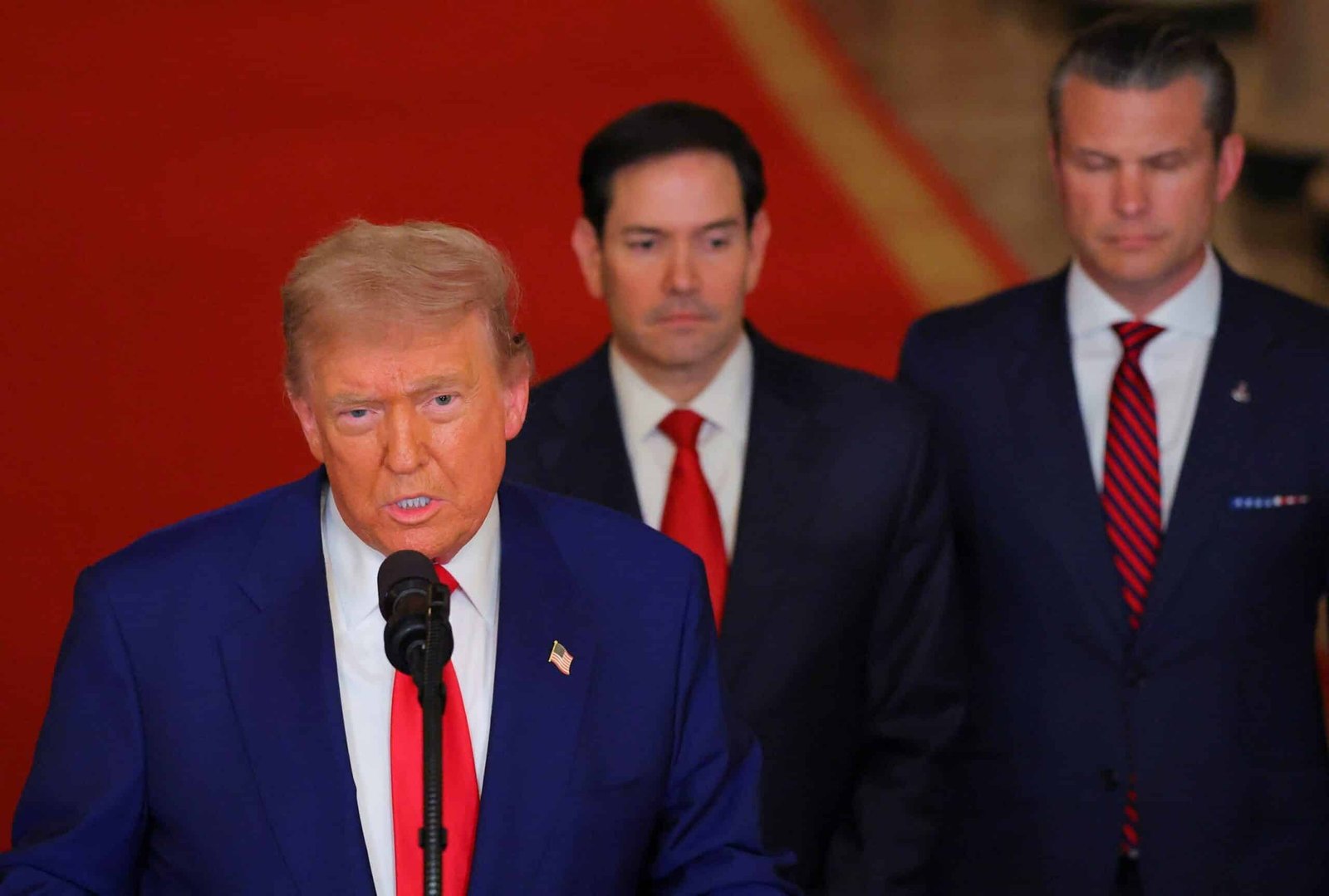The national order is the center of Trump’s feud with the judge. This is what must be known

In the battle of President Donald Trump with the judiciary, he and his Allies -the Republic’s allies focused on the same message.
There are no single judges, they argue, must be able to use orders to block the power of the country’s elected executive head.
“That is the President’s work. That is not for the local judge to make the determination,” Trump said at Fox News earlier this week when he made a judge who issued a limited order to stop deportation flights from the alleged Venezuela Gang members to other countries after Trump requested the Enemy of Alien in 1798.
Press Secretary of the White House Karoline Leavitt, seasoned with questions after the government did not reverse the aircraft, on the previous Wednesday offered a reprimand of his own judges who had just ordered orders that came into force nationally.
“Judges in this country act wrongly,” he said. “We have a judge who acts as a partisan activist from the bench. They try to dictate the policies of the President of the United States. They try to clearly slow down this administrative agenda, and that is not acceptable.”
The White House believes that it is mainly happening when it comes to immigration, foreign affairs, national security and the president who uses its constitutional power as the supreme commander.
Judges, so far, have temporarily blocking Trump’s efforts to prohibit transgender people from serving in the military, freezing federal funds and ending citizenship of the rights of the rights.
Supporting national orders says they function as an important examination for potential behavior and prevent widespread hazards. Critics say they give too much authority to individual judges and give incentives to the plaintiff to try to avoid random assignments and submit jurisdiction with judges who may sympathize in their perspective.

President Donald Trump spoke to the media after attending a council meeting at the Kennedy Center, in Washington, March 17, 2025.
Chip Somodevilla/Getty Images
In general, legal experts told ABC News that the court order was intended to maintain the status quo while the judge considered the benefits of the case. (The judge also issued a temporary detention order-with the same impact-as a short-term emergency action to prevent damage that could not be repaired until the trial could be held.)
“Often national orders, or universal orders, apply exactly at the beginning of the litigation,” said Amanda Frost, a professor at the Faculty of Law, Virginia University.
“All of this can be submitted an appeal, and so,” Frost said. “This appealed to the trial of three judges and then the Supreme Court after that. So, when people say that one District Court controls the law for the state, well maybe for several weeks. This system allows for appeal, and Trump’s administration has appealed.”
Chief Justice Chief John John Roberts said the same thing in a rare statement after Trump attacked the federal judge in the case of deportation flights as “Radical Left Crazy” and called for him to be impeached.
In fact, Trump was given a victory when the appeal court last week raised orders on his executive orders who were trying to end the diversity, equity, and inclusion program (Dei) in the Federal Government.
National orders are also not new, even though scholars agree that they have been used more in recent decades.
“We saw them with Obama, we saw them with the first Trump government, and saw them with Biden,” Frost said. “And now we look more at them with President Trump but they lock it with executive orders that try to change and overturize the large plot of our legal structure.”
According to a study by Harvard Legal ReviewPresident Barack Obama faced 12 orders, Trump’s government faced 64 and President Joe Biden 14 orders.

The US Supreme Court was displayed on March 17, 2025, in Washington.
Win the McNamee/Getty image
Both Democrats and Republics have urged justice to control orders or celebrate their results, depending on whether they are in harmony with their political goals.
In 2023, when a federal judge in Missouri issued an order that limits the contact between the Biden administration and social media sites, Trump candidates call it a “historical decision” and the judge “brilliantly.” The US Supreme Court finally sided the Biden administration about this issue.
Now, Trump’s government appealed to the US Supreme Court to curb orders after three different federal judges temporarily block the statement of citizenship rights of the president, by saying it was the possibility of violating the 14th amendment.
“At least, the court must remain in the order as far as they forbid institutions to develop and issue public guidelines regarding the implementation of orders. Only this court intervention can prevent universal orders from being universally accepted,” Acting Lawyer General Sarah Harris wrote in the application to the High Court last week.
Neama Rahmani, former Federal Prosecutor and President of the West Coast trial lawyer, said he understood “frustration” which could come from national orders but in the end “judges were there to ensure that the government did not violate the constitution.”
“Trump is really consuming Godam to all related to the government,” he said. “These norms have existed for decades, so you have to give time for the court, especially the Supreme Court, to consider and say whether this is right or not.”
The White House says Trump will comply with the court, but the reduction that intensifies the judge and his decision has raised the question: What happens if not?
“It will really damage the integrity of our system,” Rahmani said.






